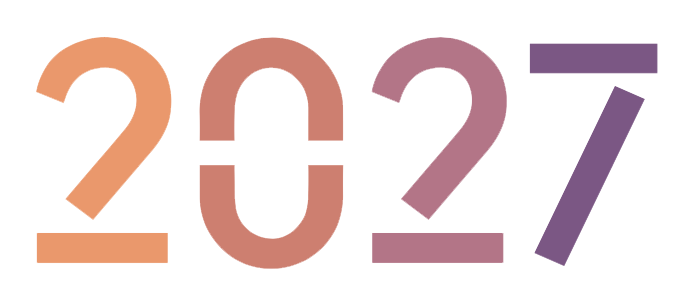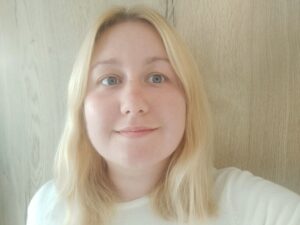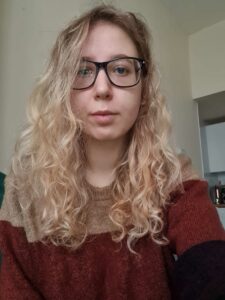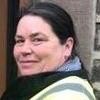Mary Wilson is a current associate on the 2027 programme. They joined 2027 and launched their career in grant-making in 2021 through a placement at the National Lottery Community Fund. In this blog, they talk about their experience applying to 2027, including some useful application tips, share insight into their job, and cover what the most valuable part of the programme is to them.
My placement experience
I work for the National Lottery Community Fund (TNLCF) which is the largest community funder in the UK in terms of reach and budget. I usually work from home, although we can book a desk in the office in advance if we choose to, however, it isn’t mandatory to be office based. On a typical day, I take grant applications from a queue and carry out a few legal checks before I can assess them fully. Most of the applications we receive are based around community groups, but these can be based around anything in terms of activities on offer or the beneficiaries. I’ve had (and funded) a range of applications from groups who wanted to offer a film club for the deaf to Afro Caribbean celebration festivals, domestic abuse survivors and single mothers groups, and then also, much smaller bids for things like community gardening classes.
I really like Friday mornings when applicants receive their email informing them their bid has been successful and the money is on its way to them. I once spoke to a customer over the phone who told me it was an early Christmas present to know her project could go ahead, and she had not stopped smiling all morning. I love being the difference between a yes or no decision, all influenced by my own life experiences.
What I valued the most about the development programme
- Networking and making connections with my peers
- The support – I’ve met people who offer support to each other, whether it’s been sharing knowledge to help us learn from each other or offering to call when someone (and that someone is me) simply needed a chat with another human being.
- The learning sessions – I enjoy the sessions because they allow opportunities for me to hear new perspectives and to hear from people who have decades of experience in their fields, something I would not have had the opportunity to experience in my previous roles.
The application process
I enjoyed the application process, largely because of how transparent it was from the first webinar. There was no jargon, no ambiguous statements or vague promises, but open, clear communication delivered in a friendly way by Ben and James (the 2027 team). I came away from that first webinar wanting to be on the programme more than I had before.
2027 are hosting another webinar on 24 March, 6 – 7 pm. Register here to come along by clicking here.
Application advice
Be honest. Don’t try to sound impressive in your interview by talking about what you think the interviewer wants to hear. I considered talking about work experiences in my interview, but it didn’t seem to fit or flow very well when I rehearsed and it didn’t feel like the side of myself I wanted to show. Be authentic. In my interview, I spent the first five minutes talking about a hobby and skill I’m learning that has nothing to do with grantmaking, but it helped to show who I am. It worked out!
The 2027 programme is currently open for applications and will close on 30 March, 1 pm. Apply by clicking here.




Recent Comments